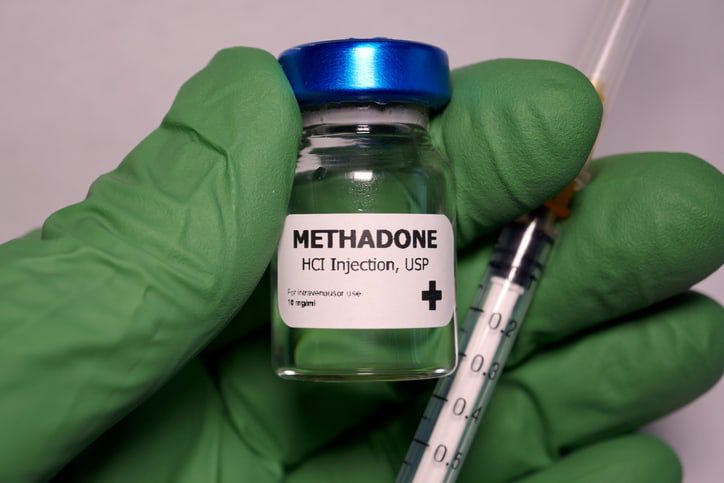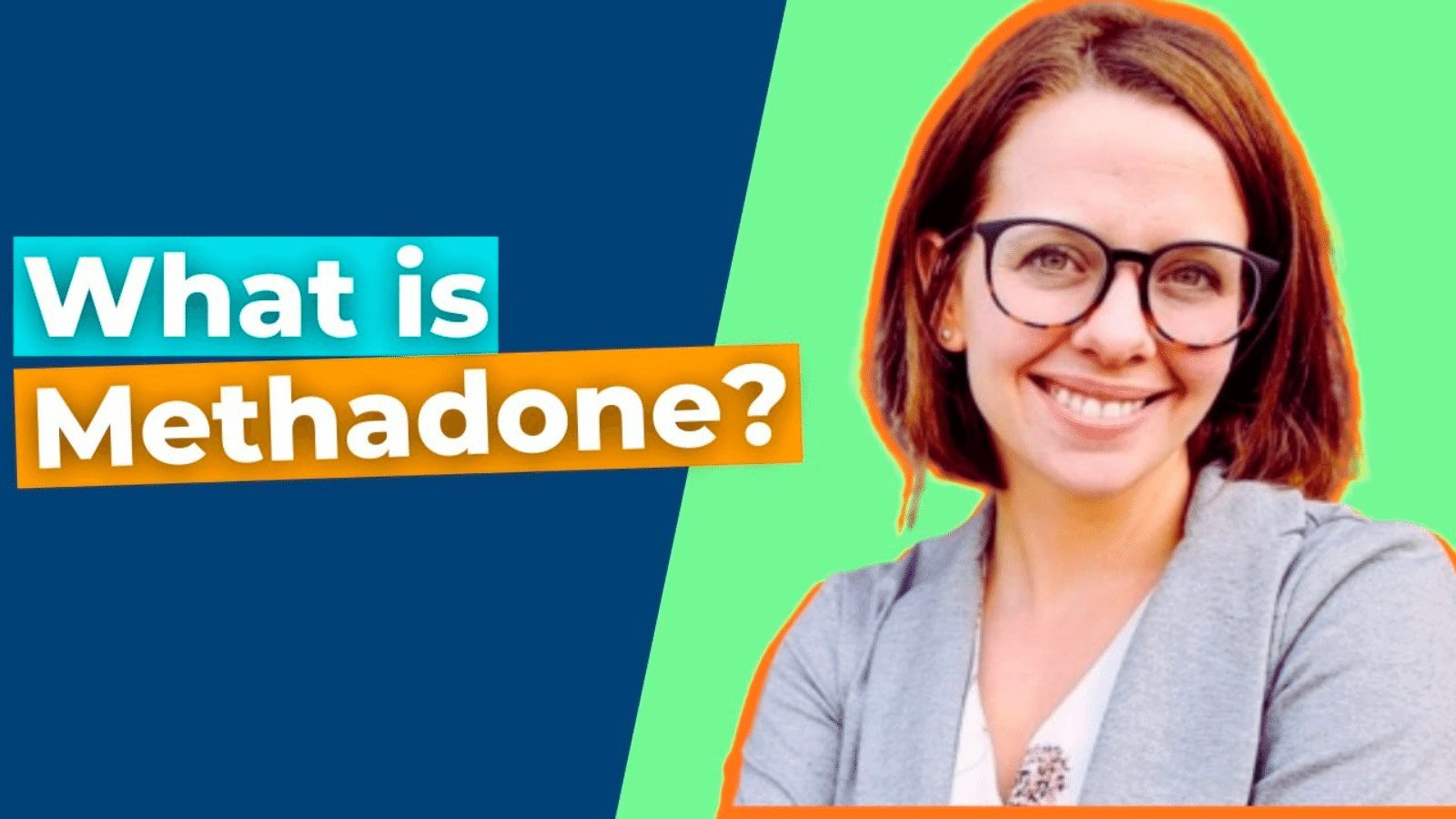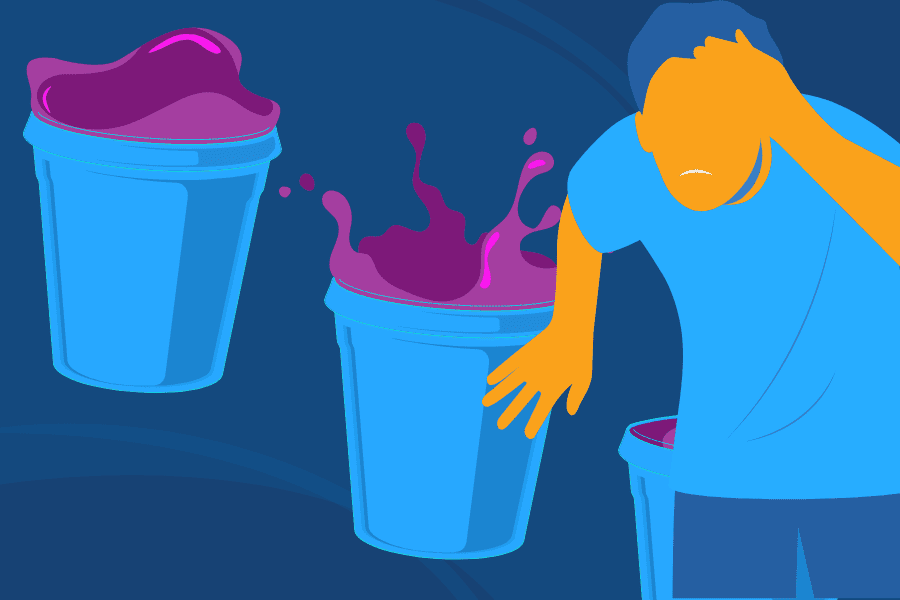What Is Methadone?
According to the Substance Abuse and Mental Health Services Administration (SAMHSA), “Methadone is a medication approved by the Food and Drug Administration (FDA) to treat opioid use disorder (OUD) as a medication-assisted treatment (MAT).”
Methadone is a long-acting opioid agonist which helps you during detox and withdrawal. The effects should last at least 24 hours. Opioid agonists activate the opioid receptors in the brain. Illicit drugs like heroin are opioid agonists that can lead to opioid dependence.
When you are physically dependent on opioids or other substances, you might have withdrawal symptoms when you try to get sober. These symptoms can be mild to severe, even dangerous or deadly, depending on the level of your addiction.
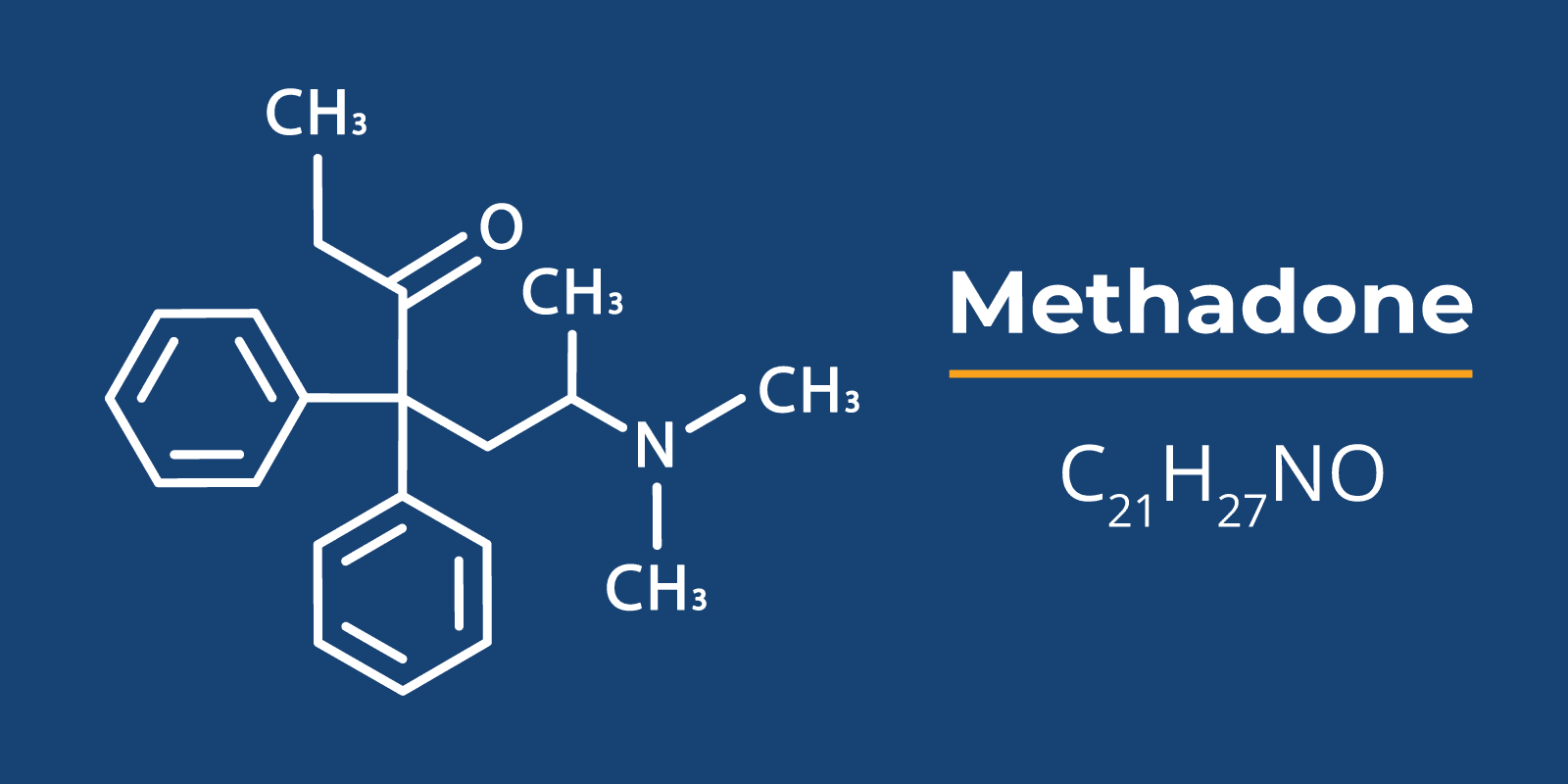
Methadone treatment can be an option for you if you struggle with withdrawal symptoms during your detox period.
Detox can make you feel on-edge, uncomfortable, or uneasy. You might feel weak or unable to concentrate. Methadone works by giving you a safe dose of opioids to ease withdrawal symptoms. It can be taken as a liquid, powder, or dissolvable tablet.
Methadone “reduces opioid craving and withdrawal and blunts or blocks the effects of opioids,” as stated by SAMHSA.
By reducing drug cravings, you minimize your risk of relapse during early recovery. You can focus on dealing with the underlying issues of your opioid addiction without the discomfort of withdrawal and cravings interfering with your recovery.
Methadone treatment can help if you or a loved one:
- Struggle with a relapse cycle when trying to quit
- Have not been successful with other forms of treatment
- Do not respond to other forms of medication-assisted treatment
- Have a severe addiction to opioids
Methadone is also a safe option for pregnant women. According to SAMSHA, “Methadone’s ability to prevent withdrawal symptoms helps pregnant women better manage their Opioid Use Disorder (OUD) while avoiding health risks to both mother and baby.”
The use of methadone is just one part of a treatment program that can consist of therapy, peer support, sober living, holistic health, vocational support, and more.
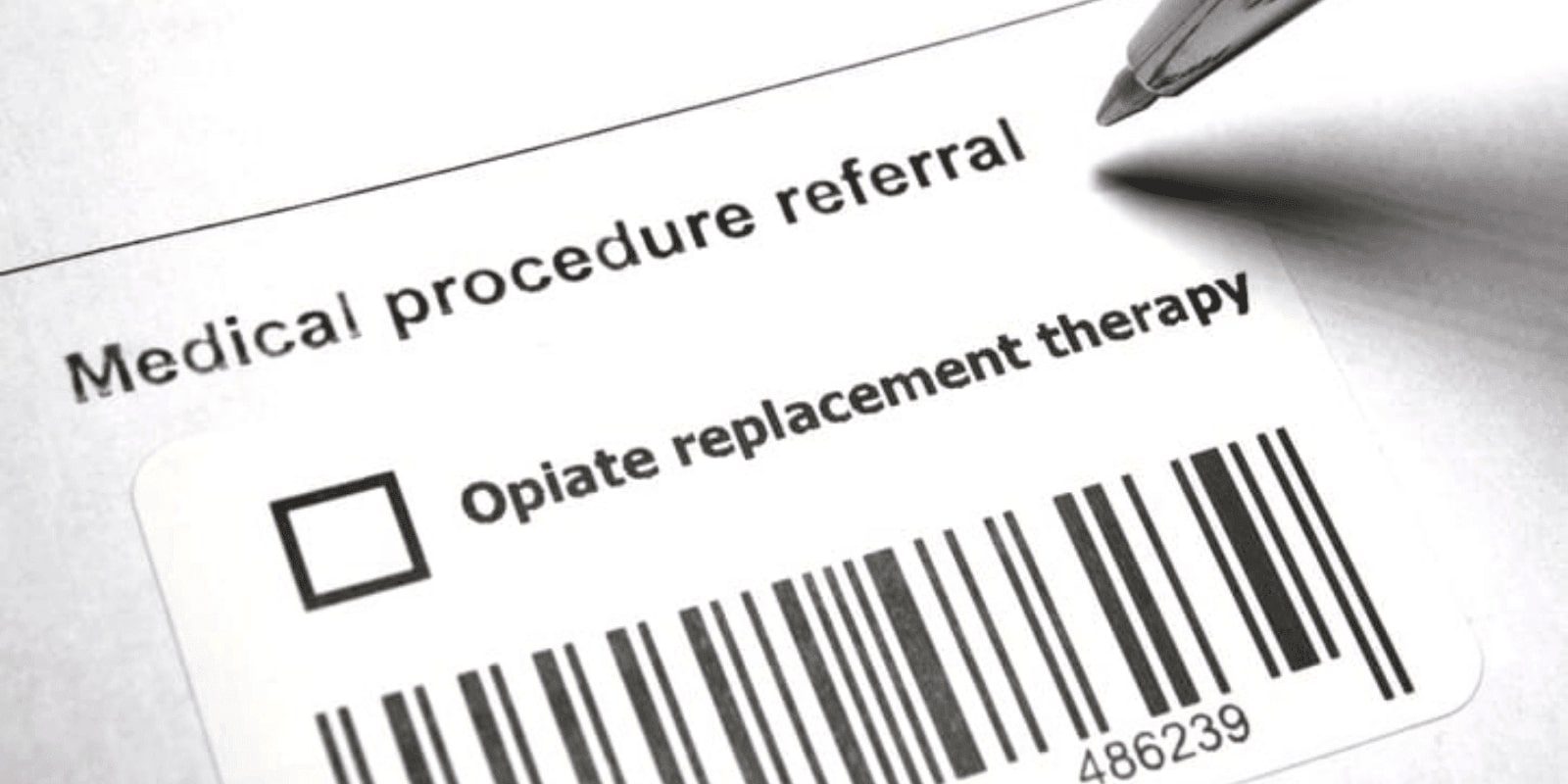
Is Methadone Only For Opioid Addiction Treatment?
No, methadone is not only for opioid addiction treatment; it is also approved by the FDA for pain management.
Methadone has other uses besides medication-assisted treatment for opioid addiction. Some people have prescribed methadone as a prescription painkiller. Since methadone activates the opioid receptors, there is a risk of dependence even when taken as a prescription.
In addition, some people might misuse methadone for the euphoric effects and to get high. They might inject the drug similar to those with heroin addiction. Injecting opioids can put you at risk of hepatitis and HIV.
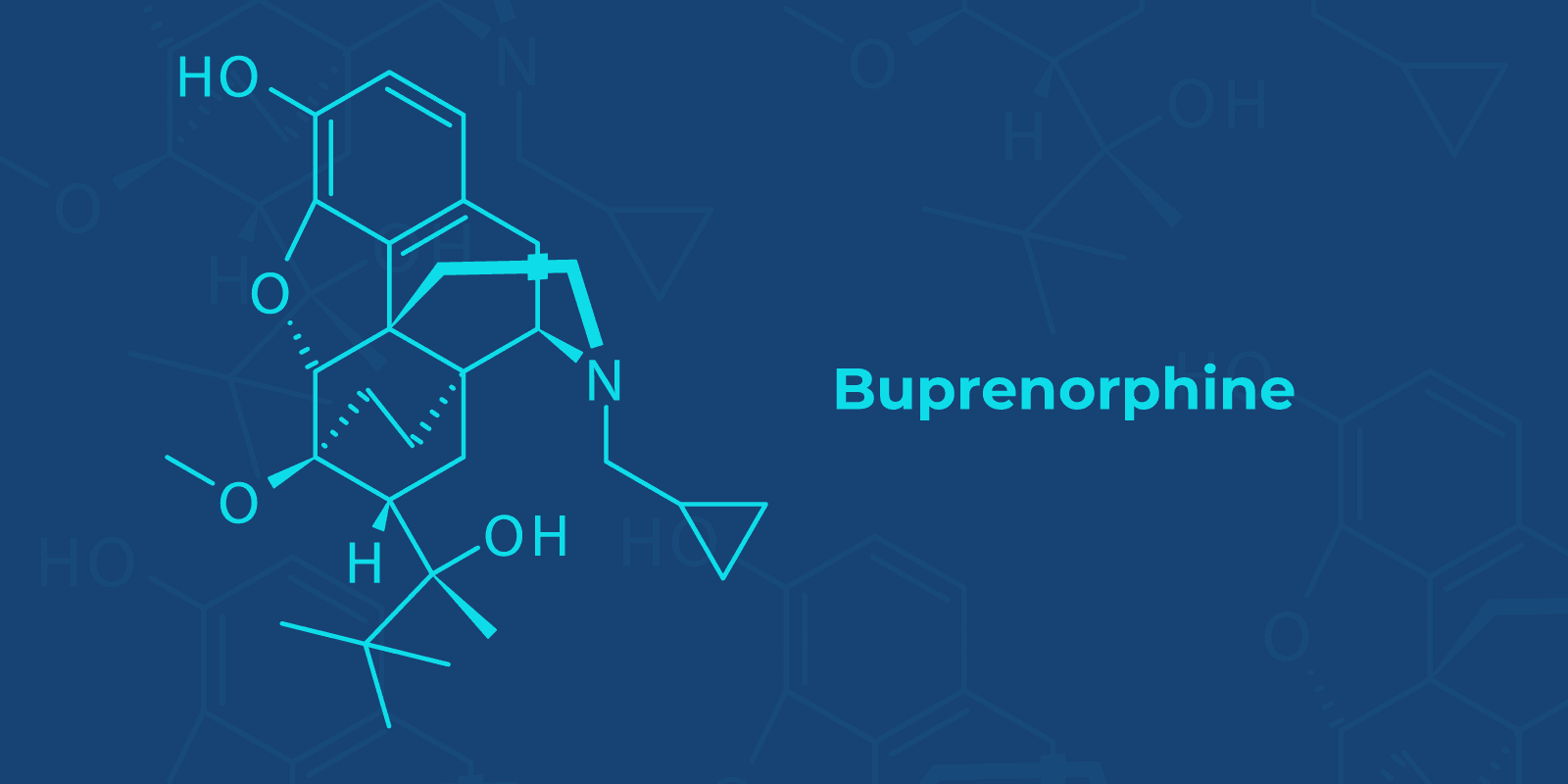
How Is Methadone Connected With Buprenorphine?
Both methadone and buprenorphine are FDA-approved medications used to treat opioid use disorder.
Methadone is a long-acting opioid agonist, and buprenorphine is a partial opioid agonist. Buprenorphine has a limit to the euphoric effects and high. Methadone does not have a similar “ceiling” of these effects.
Depending on what works best for you, you might try other forms of medication-assisted treatment (MAT). You might respond to one medication over others depending on the level of your opioid addiction among other reasons.
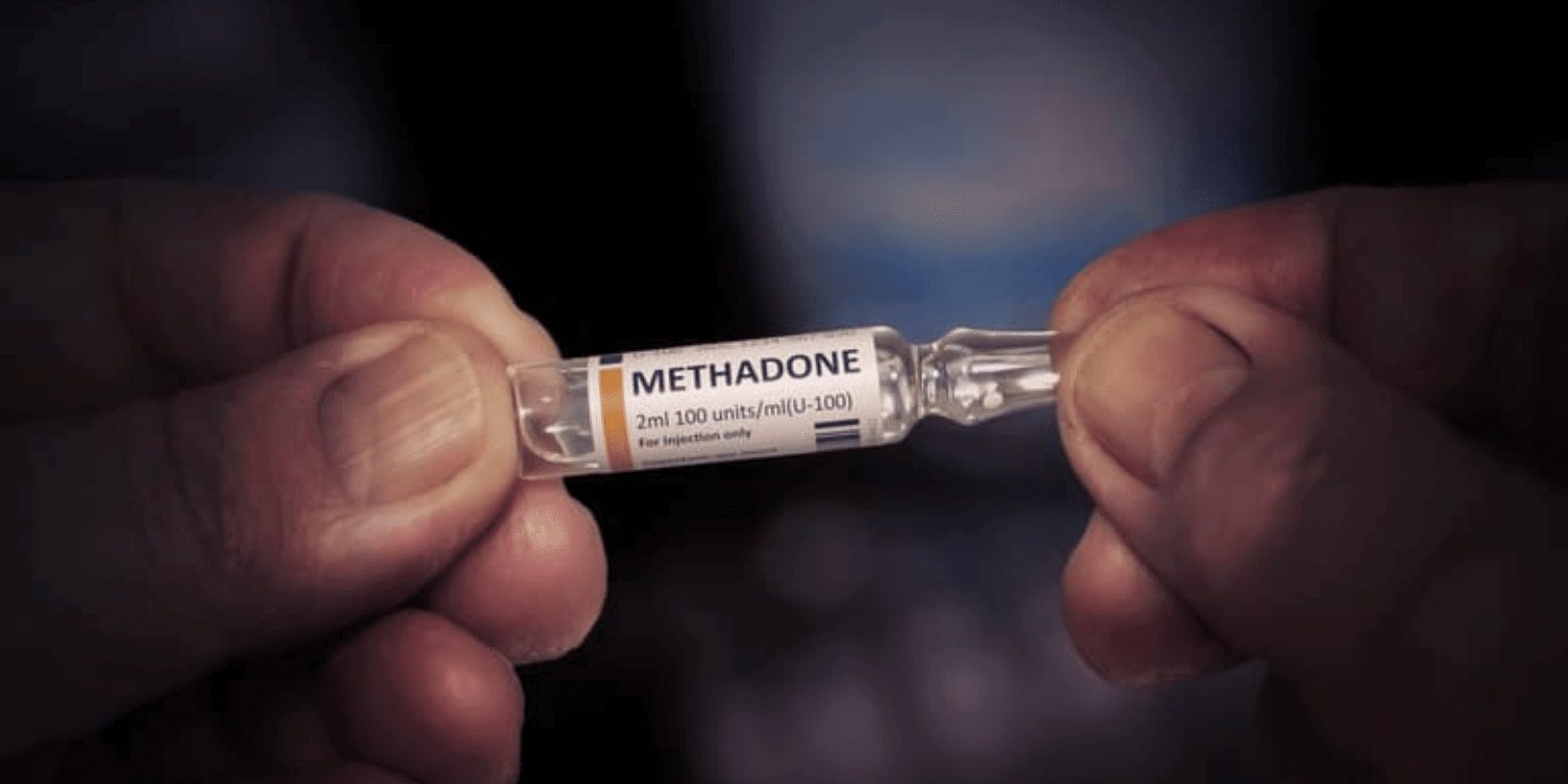
Is Methadone An Opiate Or Narcotic?
Methadone is an opioid and is considered a narcotic by the Drug Enforcement Agency (DEA).
Opioids and narcotics are any drugs (prescription or illegal) that bind to the opioid receptors in the brain. They can be natural or synthetic. Opiates are natural opioids made from the opium plant, such as heroin, codeine, and morphine.
“Narcotic” does not mean “illegal;” prescription painkillers like oxycodone, Vicodin, and fentanyl are also considered narcotics.
Methadone is a synthetic opioid, which makes it a narcotic. Although use of methadone is approved to treat opioid use disorder, methadone still has the potential for abuse. Substances that activate the opioid receptors can carry the risk of misuse and abuse.
According to the Centers for Disease Control and Prevention (CDC), methadone misuse and abuse can even lead to overdose.
As with any medication, you should only take methadone as prescribed by your health care professional. If struggle with cravings and withdrawal, talk to your prescribing physician. They might need to adjust your dose of methadone to get to a therapeutic level.
If you struggle to stay sober due to withdrawal symptoms, methadone can help you recover from opioid addiction. It is best to consider the risks versus the benefits when using medications to treat opioid use disorder.
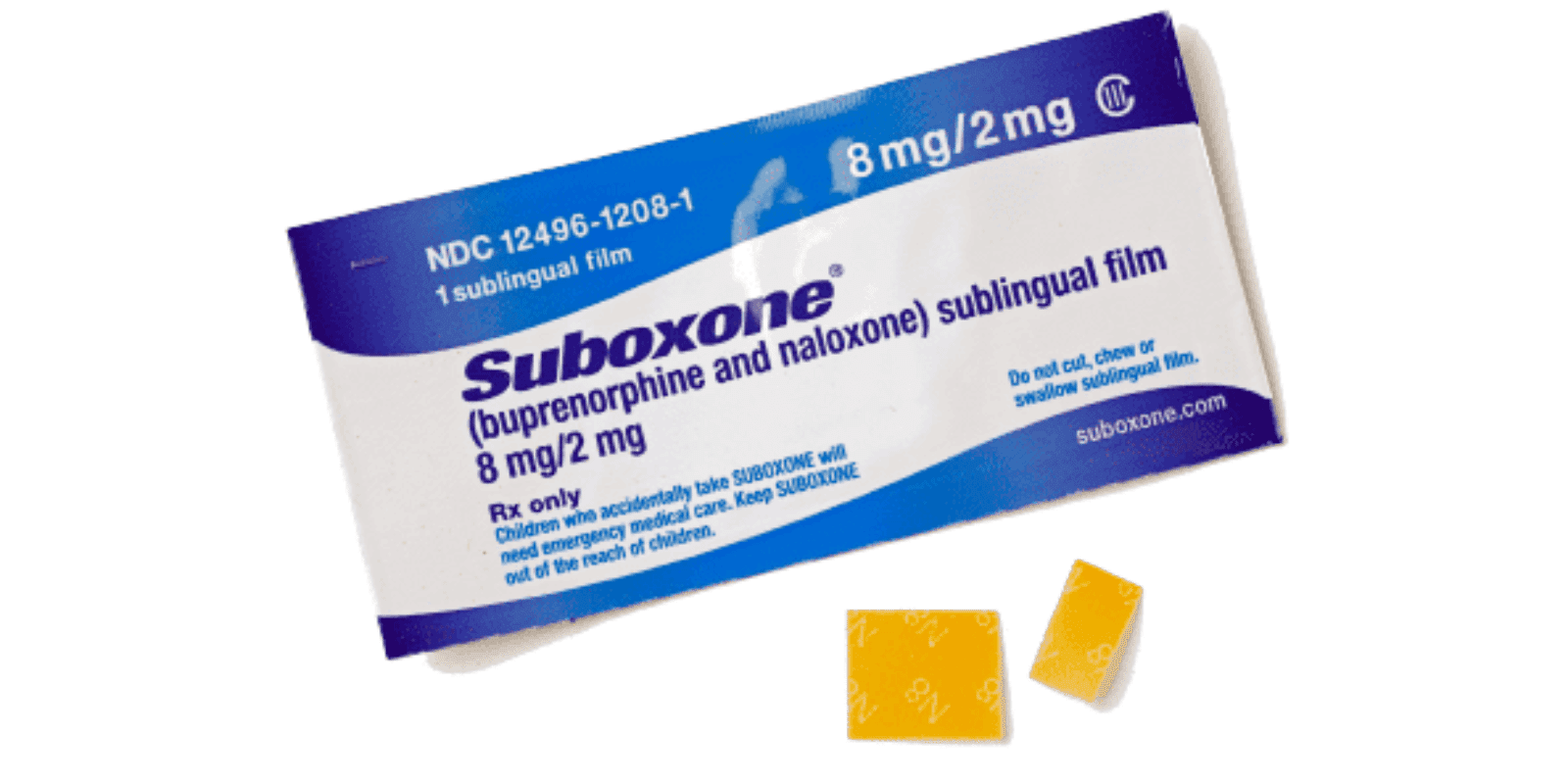
Is Suboxone The Same As Methadone?
Suboxone and methadone both treat opioid addiction, but they are not the same.
Suboxone is a brand-name medication that uses two drugs: buprenorphine and naltrexone. When used together, both of these drugs can help you overcome opioid addiction by lowering the chance of relapse during detox and withdrawal.
Buprenorphine is a partial opioid agonist, which activates the opioid receptors. As a partial agonist, buprenorphine doesn’t have as powerful an effect as a full agonist, like heroin.
Naltrexone helps treat opioid use disorder but is also approved as medication-assisted treatment (MAT) for alcohol use disorder. Naltrexone blocks the euphoric effects of opioids to help prevent relapse during detox.
Depending on your needs, Suboxone might be recommended for MAT instead of methadone. Each person is unique when treating their addiction. What works for you might not be what works for others.
Many MAT options are available to help you or your loved one overcome opioid addiction.
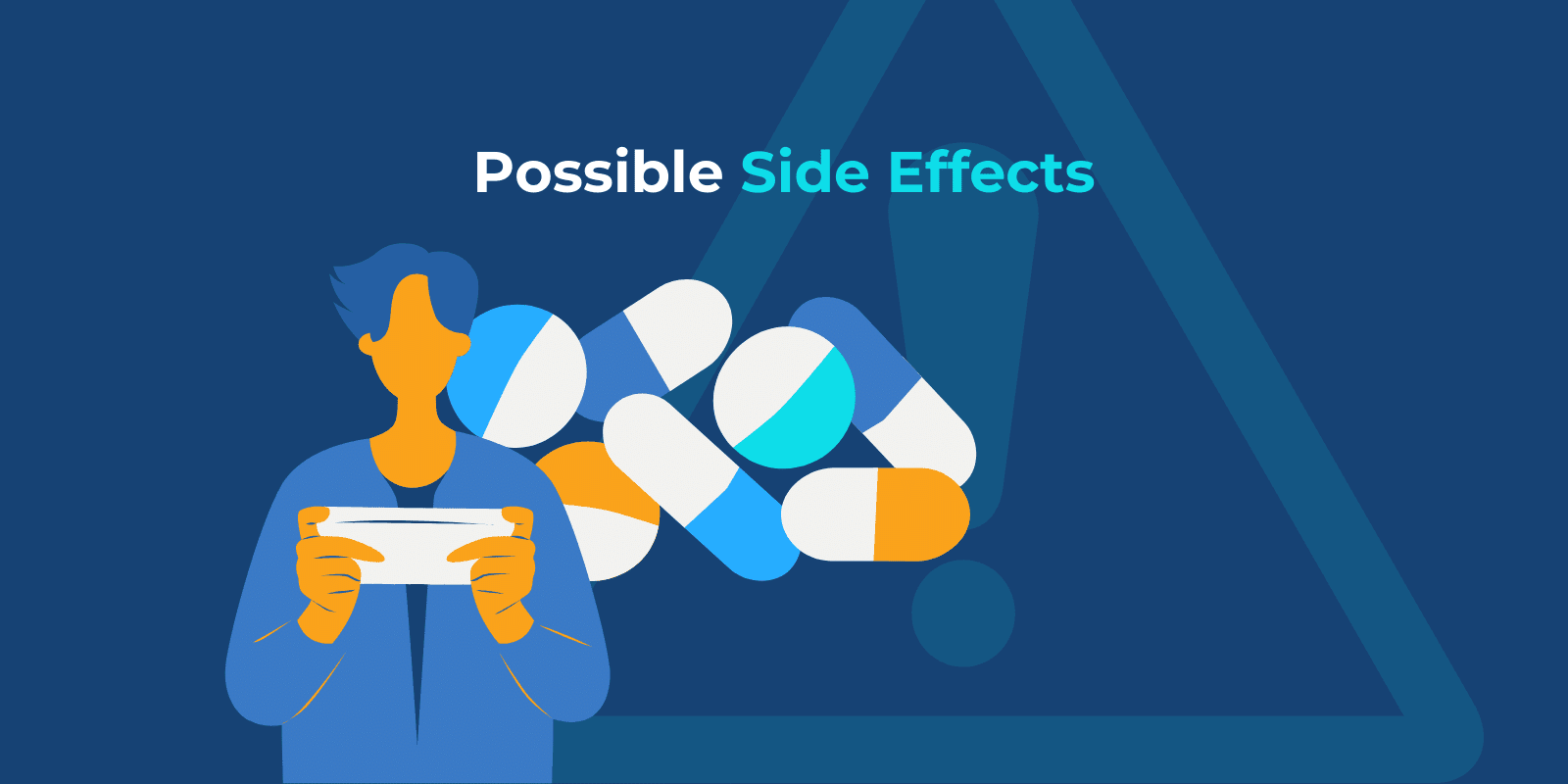
What Are The Side Effects Of Methadone?
You might experience some side effects of methadone during your opioid addiction treatment.
Nearly all medications carry the risk of some side effects. Most side effects of methadone are temporary or mild. As long as you take methadone as prescribed, your side effects should be fairly mild.
According to MedlinePlus, you should discuss the following side effects with your doctor if they are severe or do not go away:
- Stomach pain
- Trouble urinating and constipation
- Difficulty sleeping
- Headaches and stomach pain
- Dry mouth and sore tongue
- Problems with vision
- Changes in mood
- Weight gain or changes in appetite
- Flushing or redness of the skin, especially the face
While most of these symptoms are mild and not concerning, you should monitor these side effects. If they continue to persist, talk to your healthcare provider about your concerns. Some side effects are serious and require medical assistance immediately.
Serious side effects of methadone include:
- Seizures
- Allergic reactions, like:
- Itching, hives, and rash
- Swelling of your eyes, mouth, face, tongue, or throat
- Difficulty swallowing or breathing
- Hoarse throat
- Agitation
- Hallucinations
- Fever
- Muscle stiffness, twitching, weakness, or loss of coordination
- Nausea, vomiting, diarrhea, dizziness, or loss of appetite
- Extreme drowsiness
- Sexual issues, like a lack of desire and the inability to get or maintain an erection
- Irregular menstrual cycles
Side effects like these require medical attention immediately. In addition, if you notice any other unusual changes that are not listed above, reach out to your health care professional. You might have side effects that are uncommon or unknown.
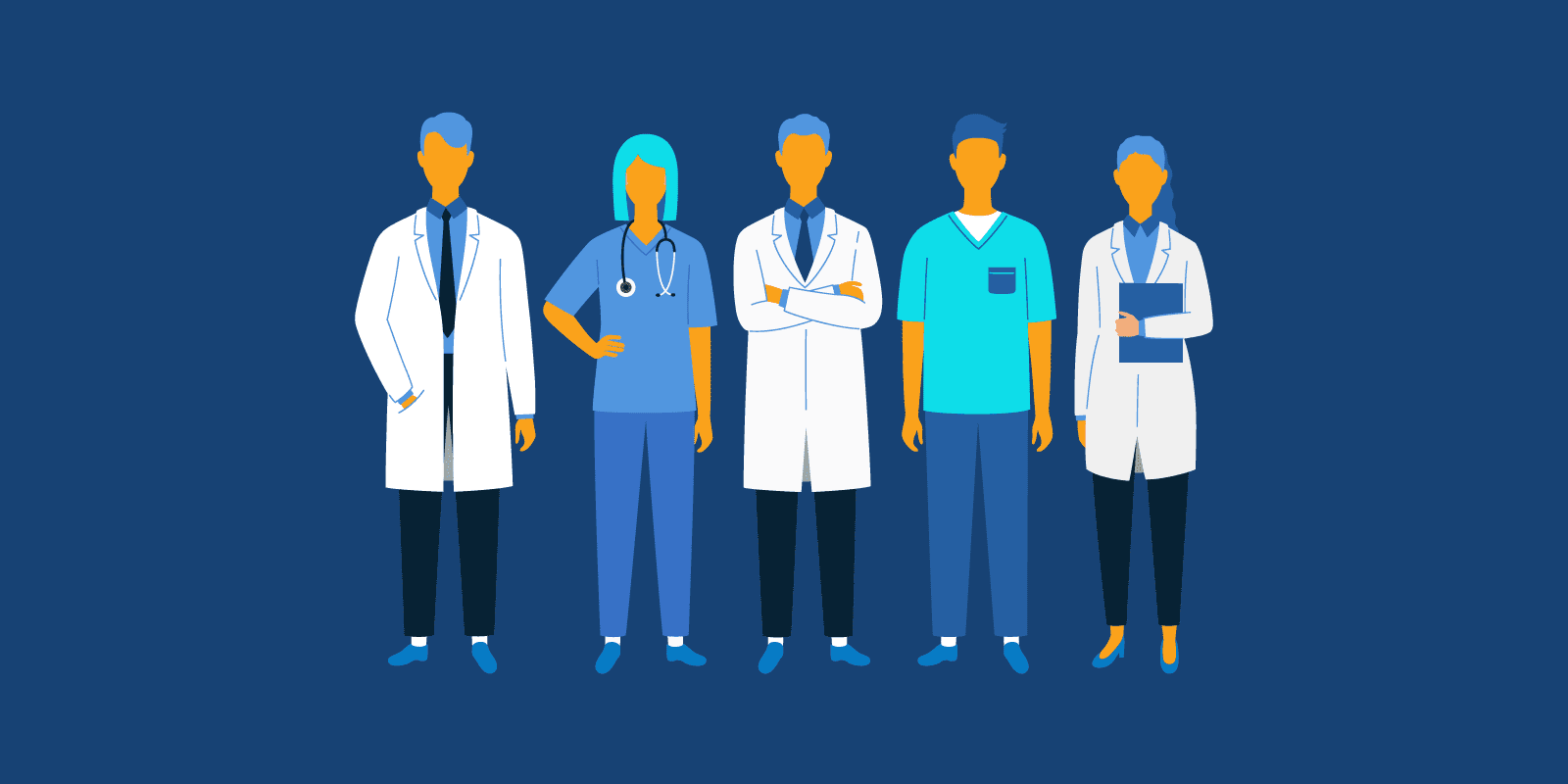
What Is A Methadone Clinic?
A methadone clinic is an opioid addiction treatment center that focuses on providing you a daily dose of methadone, along with other treatment options.
Since methadone can be misused or abused, methadone is best taken under supervision. At a methadone clinic, you get your prescribed dose of methadone each day. You meet with healthcare professionals to continue safe and effective treatment.
Methadone clinics also offer a variety of treatment options and might require participation in group or individual therapy.
When taking methadone for opioid or heroin addiction, you will work gradually towards getting off methadone. This process can be long-term, potentially a year or more. As you advance in your addiction treatment, you can get lower doses of methadone.
Some methadone clinics offer take-home methadone options to take methadone without attending the clinic daily.
For take-home methadone, you would need to demonstrate your commitment to your substance abuse treatment. As you continue to recover and build new coping skills, you can gain more independence in your treatment.
Many programs have criteria that may include some of the following for take-home methadone:
- Staying sober and drug-free long-term
- Regular attendance and participation in your treatment program
- Working closely with your physician and treatment team
- Commitment to your treatment
- Abstaining from any criminal behavior
Recovery from opioid addiction is challenging due to opioid dependence. Your body might be accustomed to using opioids and does not know how to function without them in your system.
Although methadone treatment might be the most familiar to many, methadone clinics often provide other forms of medication-assisted treatment like Suboxone, naltrexone, buprenorphine, and others.
Methadone clinics help you gradually rid yourself of opioids as you work toward managing drug cravings and triggers. You get support from peers and staff at the clinic to help you continue to get better during your treatment.
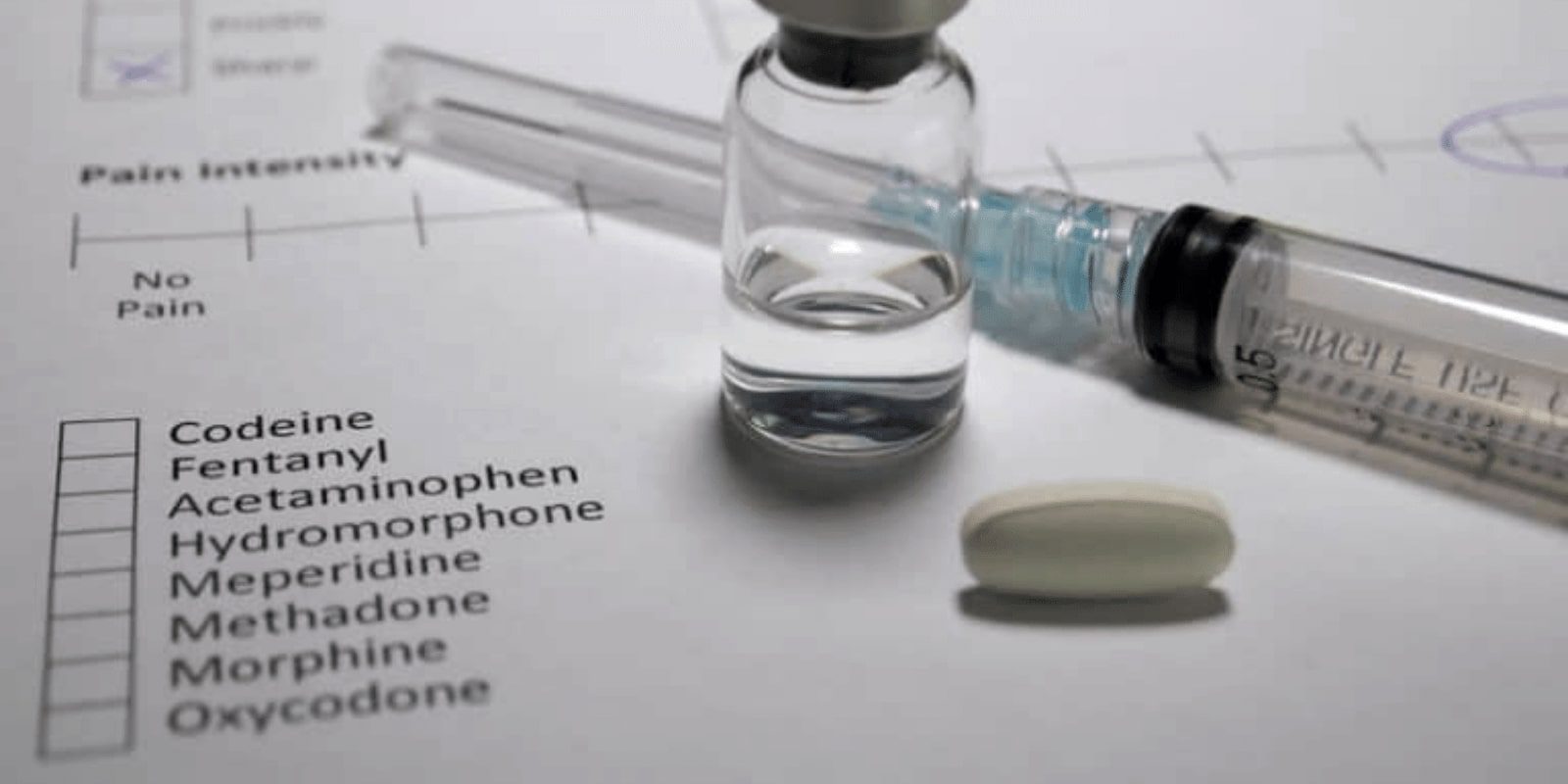
How Do Methadone Clinics Work?
Methadone clinics work by administering your daily dose of methadone, monitoring side effects, offering support, and providing other treatment options for opioid use disorder.
You will schedule a time to attend your clinic daily. You should experience the effects of methadone about 30 minutes after taking your dose. You can be monitored for any side effects during this time, especially when you are new to methadone treatment.
Methadone clinics help you in many ways, including:
- Holding you accountable for your treatment
- You need to attend daily at first to prove that you can receive take-home methadone
- You learn to maintain a routine and consistency in your treatment by your attendance
- Clinics often test for opioid, alcohol, and other drug use to ensure that you are sober and drug-free
- Offering peer support
- Many methadone clinics offer peer support for those in addiction recovery
- You might be required to attend a group support session at your clinic on a regular basis
- Peer support is one of the most critical aspects of any addiction treatment program
- Professional health care staff to monitor physical and mental health
- Medical staff can help you stay safe from any adverse side effects of methadone
- Substance use disorders are often rooted in underlying mental health issues
- Methadone clinics might offer mental health support or provide referrals for treatment outside of the clinic
As you follow your opioid treatment program with the help of staff and support at a methadone clinic, you can continue your recovery from opioid addiction.
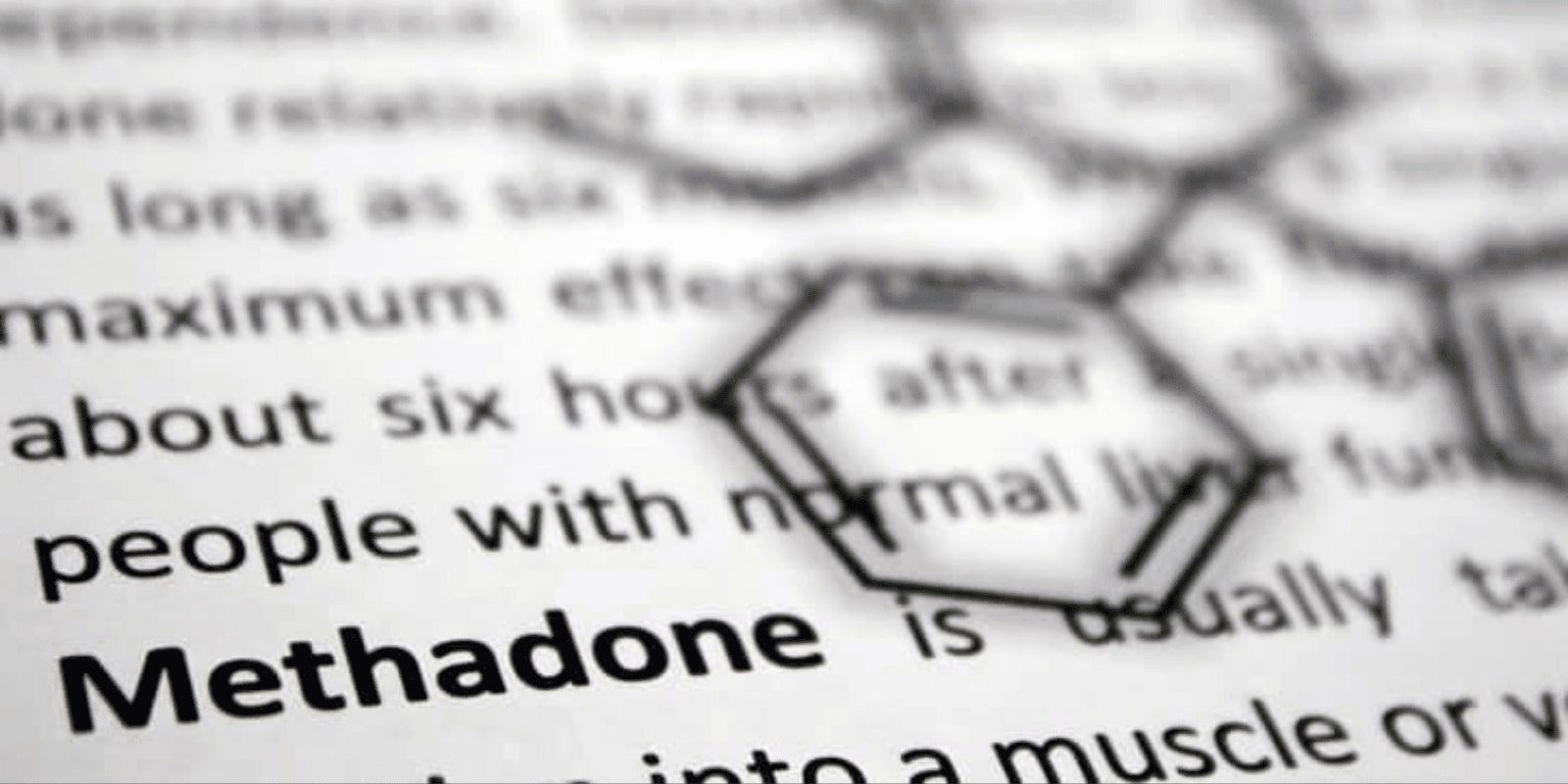
Is Methadone Treatment Effective?
According to the National Institute on Drug Abuse (NIDA), “Methadone treatment significantly improves outcomes, even when provided in the absence of regular counseling services.”
The NIDA cites data from a 2009 comprehensive Cochrane review stating, “Patients on methadone had 33 percent fewer opioid-positive drug tests and were 4.44 times more likely to stay in treatment” compared to control groups of “placebo with psychosocial treatment.”
Methadone treatment helps you stay sober while learning new ways of living without heroin or other opioid drugs. Methadone can help you minimize your cravings during the early part of your addiction treatment program.
When you begin addiction recovery, you are most vulnerable to relapse due to the immediate withdrawal symptoms during detoxification. Methadone treatment can improve your outcomes by helping you feel “normal” as you start treatment.
By minimizing your withdrawal symptoms and cravings, methadone can help you focus on getting better. You can learn to live your life without abusing opioids. Methadone can help take the edge off when you stop using opioids.
Your length of treatment might be different than others.
You might need a few months on methadone. It might take years before you get off of methadone. But years on methadone does not mean the treatment is not effective.
Opioids can impact the way your body works. Addiction is a disease and some diseases need long-term treatment to stay healthy. You might need methadone treatment for a long time before you get off medications entirely.
But methadone can keep you off of herion and other dangerous substances.
Even if you use methadone for years, methadone is still safer than relapsing and using illicit drugs. Always remember that going to the clinic daily is far better than going back to addiction.
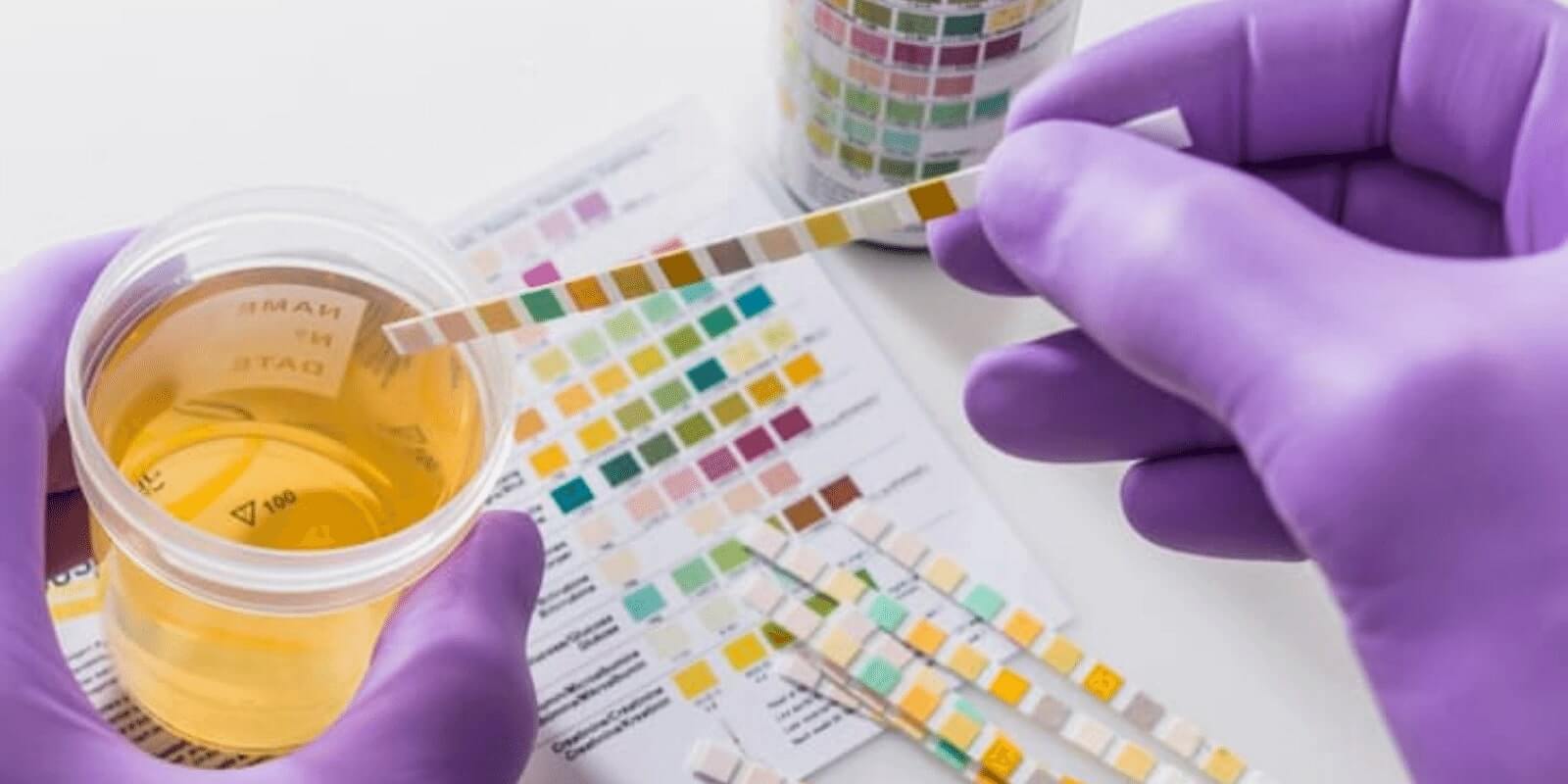
Do Methadone Clinics Test For Drugs?
Yes, most methadone clinics will test for drugs while you receive methadone maintenance treatment.
You will most likely have a drug screening when you first begin methadone maintenance treatment at a clinic. This screen will test to make sure that you are sober before beginning medication-assisted treatment.
Drug tests are critical for success on methadone. Your methadone clinic might perform regular drug tests or at random as you continue with treatment. Drug tests can ensure that you are getting an effective dose of methadone.
You might take drugs to self-medicate if you continue to experience painful withdrawal symptoms during treatment. Opioid dependence is powerful and can take a long time to get over. Withdrawal can be physically challenging and painful.
If your withdrawal is difficult even with methadone, you might be tempted to curb this pain with alcohol, more opioids, or other drugs.
Drug tests will help you stay safe while taking methadone and are often part of most medication-assisted treatment programs. You might need to try a higher dose or a different type of medication, like Suboxone, if methadone is not effective.
The success of any addiction treatment program relies on your ability to stay off of drugs and alcohol. By testing for substances, your treatment team can help you stay accountable to your goals and adjust your plan as needed for long-term success.

How Do I Get Off Of Methadone?
Since methadone is an opioid, you might experience some opioid withdrawal when getting off of methadone.
You and your health care professional should create a plan to gradually reduce your dosing of methadone throughout treatment. By gradually reducing your dose of methadone, you can get off of methadone safely while still in treatment.
Withdrawal from methadone might be uncomfortable or painful but is not nearly as dangerous as withdrawal from heroin or other hard drugs.
All opioids, whether prescription or illegal, have the potential for dependence. While taking methadone, you keep a low level of opioids in your system to curb withdrawal symptoms. Over time, your body can adjust to lower doses of opioids.
If you struggle to get off of methadone or quit taking methadone “cold-turkey,” you might need medical detox to safely withdrawal.
Many might find this discouraging while in treatment for opioid addiction. They might believe that this means methadone is just trading one dependence for another. However, committing to your treatment program can help you succeed in overcoming opioid and heroin addiction.
When you follow your treatment plan, get peer support from groups like Narcotics Anonymous (NA), take methadone as prescribed, and participate in mental health treatment, you increase your chances of a successful recovery.
You or your loved one can heal from opioid addiction. Medication-assisted treatment with methadone can help you increase your chances of success in recovery.
Methadone treatment can help you treat your opioid use disorder if you have severe withdrawal symptoms during detox. Sandstone Care is here to support teens and young adults with opioid addiction and other substance use disorders. Call (888) 850-1890.


